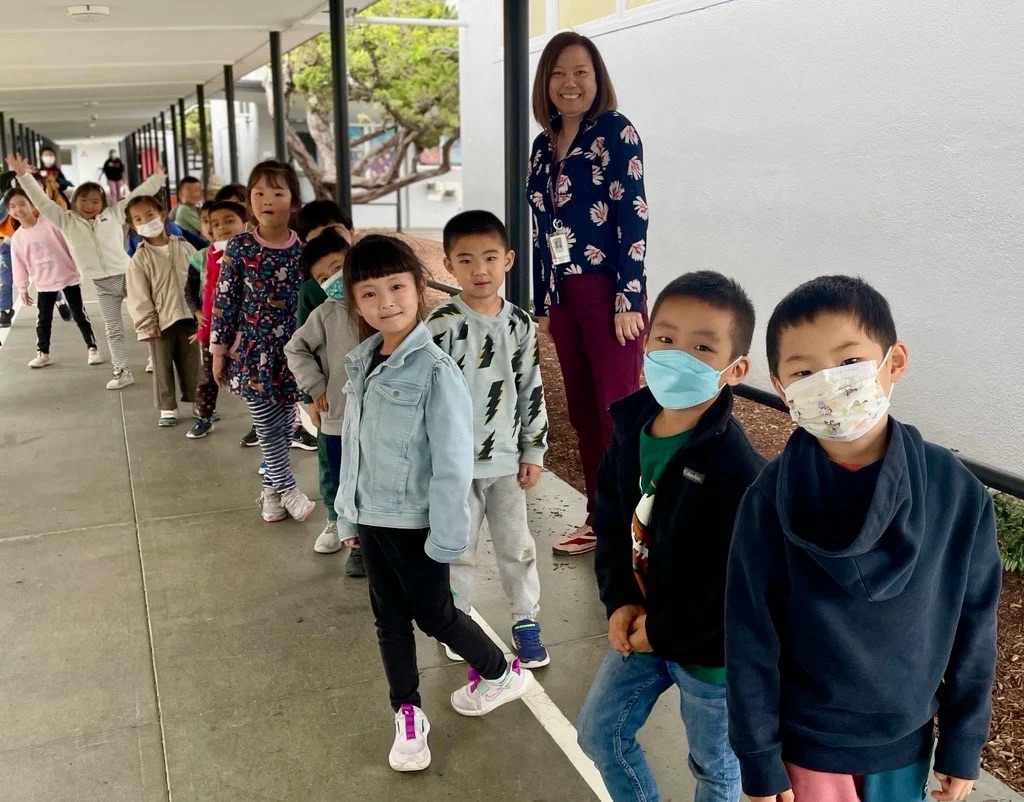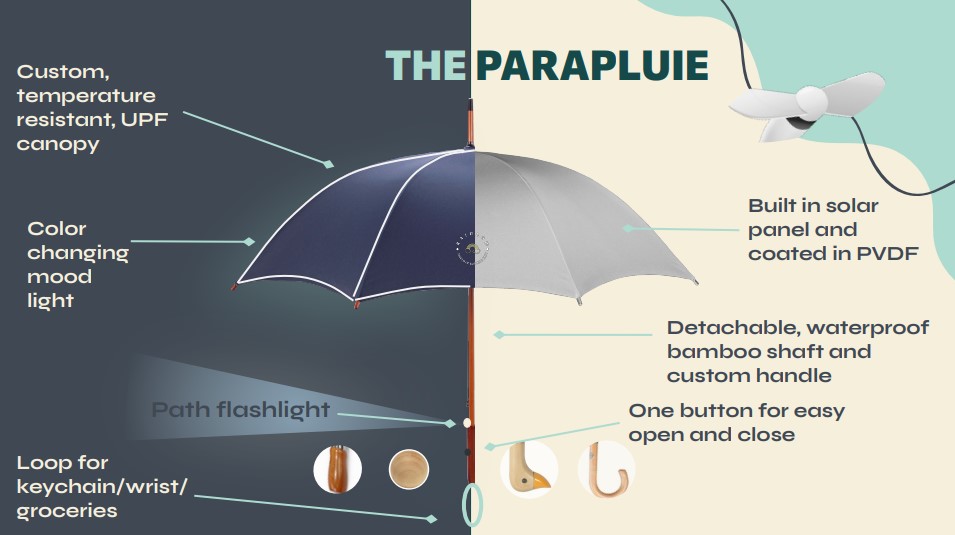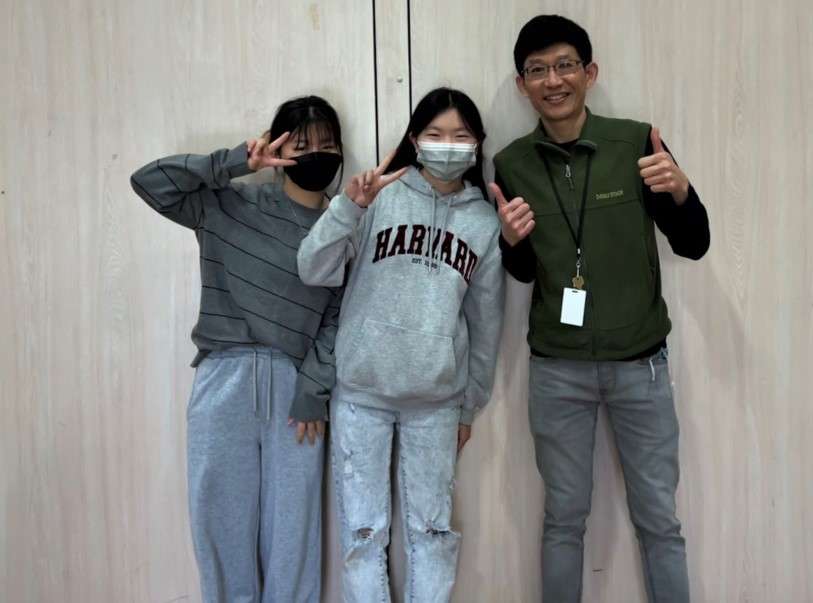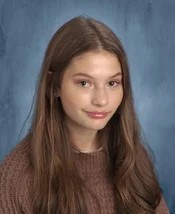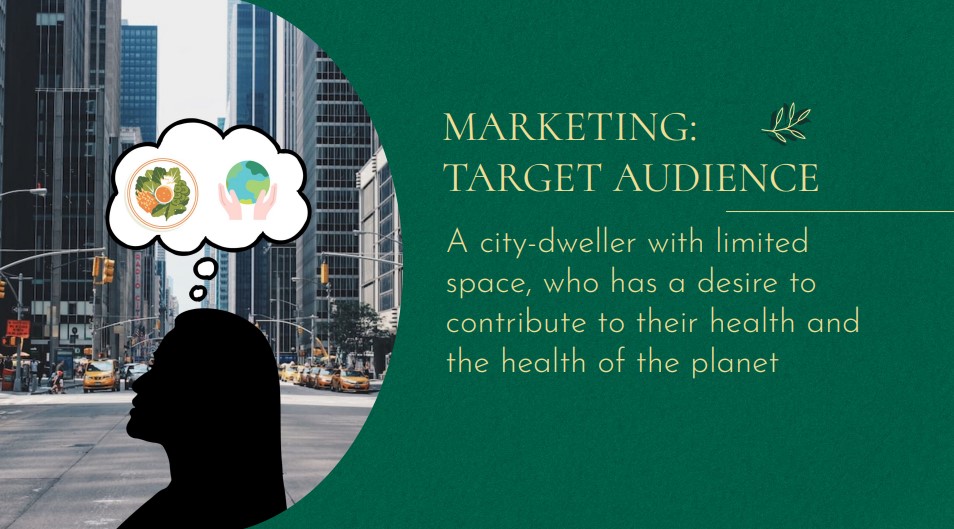Thinking of a creative and unique business idea is a challenge for even the globe’s most talented and proven business professionals. Give that same challenge to a group of high school students all attending exceptional schools and the results are sure to impress. How could students in Grades 9 – 12 create a start-up idea, product, or service from inception to implementation? One that would also impress a panel of judges made up of industry professionals? That’s what a group of educators discovered at the Startups at Spring Competition.
The competition is open to high school students attending a Spring Education school and focuses on a specific type of business start-up. This year’s theme was creativity and it allowed the students to think outside of the box and present their ideas, first to their local school, and then one team from each school was selected and invited to attend a network-wide competition. Students then made the same presentation but, instead of it being in front of their peers and school administration, it was in front of industry professionals.
The professionals judge the competition on the feasibility and profitability of each idea presented. Judges listened to see if the teams explained their business idea clearly, was it unique, and implemented the year’s theme. Beyond those basic judging expectations, they also sought to see if the team understood and addressed the financial challenges of starting a business, did they effectively present their market strategy, and could they answer confidently improvisational questions regarding their “pitch”.
Ms. Jaymie Silva, BASIS Independent Schools Subject Expert Teacher and organizer of the competition said, “I’m always impressed by what our students are capable of and I appreciate that this competition is open to all high school students across our network of schools. These students develop their ideas and compete in their free time and the passion and engagement in their projects show. They are truly dedicated to making our future world better with their ideas and I can’t wait to see what they come up with next!”
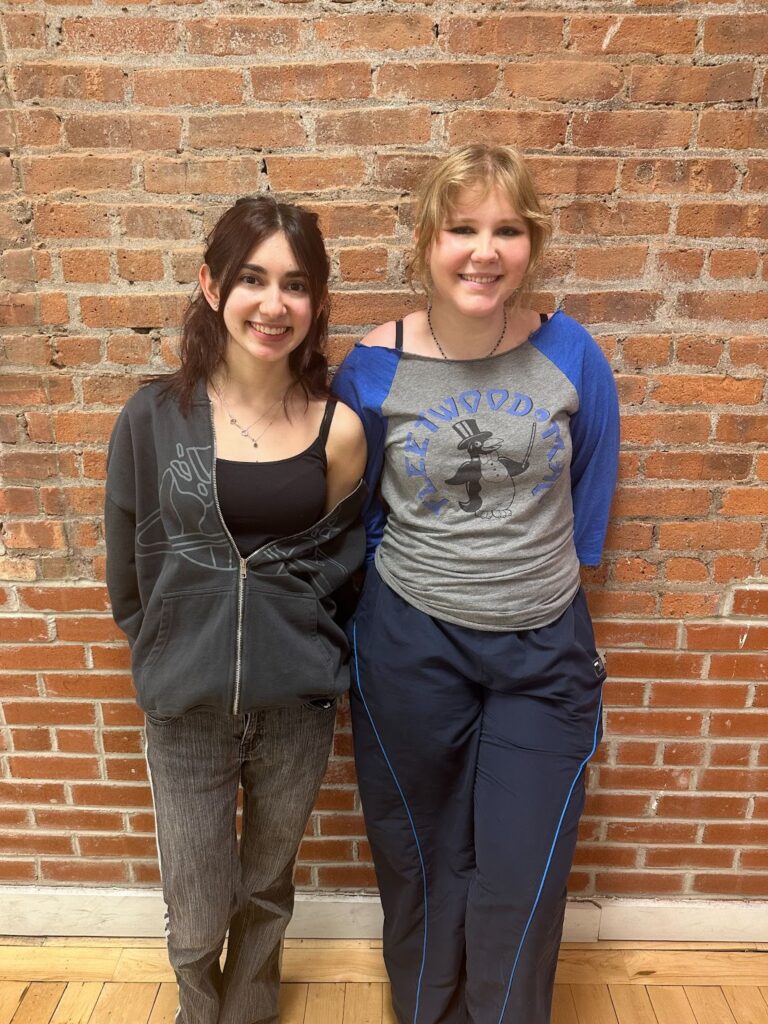
Third Place (awarded $2,000)
Team Name: Inclusive Experience Corp
Team Members: Stella C. (Grade 10) and Dashiell S. (Grade 10)
School: BASIS Independent Manhattan
Start-Up: The Inclusive Experience Organization (TIEO)
Selected Charity: Adaptive Design Association

Pitch: As music enthusiasts continue to bemoan outrageous concert prices and how they aren’t able to attend concerts due to economic conflicts, they forget that most venues aren’t even accessible to all fans.
The Inclusive Experience Organization (TIEO) would make the concert experience available for those who have a disability that prevents them from physically attending the venue but still want to enjoy their favorite singer’s performances. Through virtual reality, we plan on solving this issue as well as addressing physiological and psychological disabilities.
Team Take Away
“We want to say we are proud of ourselves as we are some of the younger participants and we feel inspired that we were able to bring an altruistic purpose to this competition.”
To view their entire presentation, click here.

Second Place (awarded $3,000)
Team Name: Slidebean
Team Members: Shoshana E. (Grade 12)
School: Laurel Springs
Start-Up: HelpUnplugged
Selected Charity: Hostage and Missing Families Forum
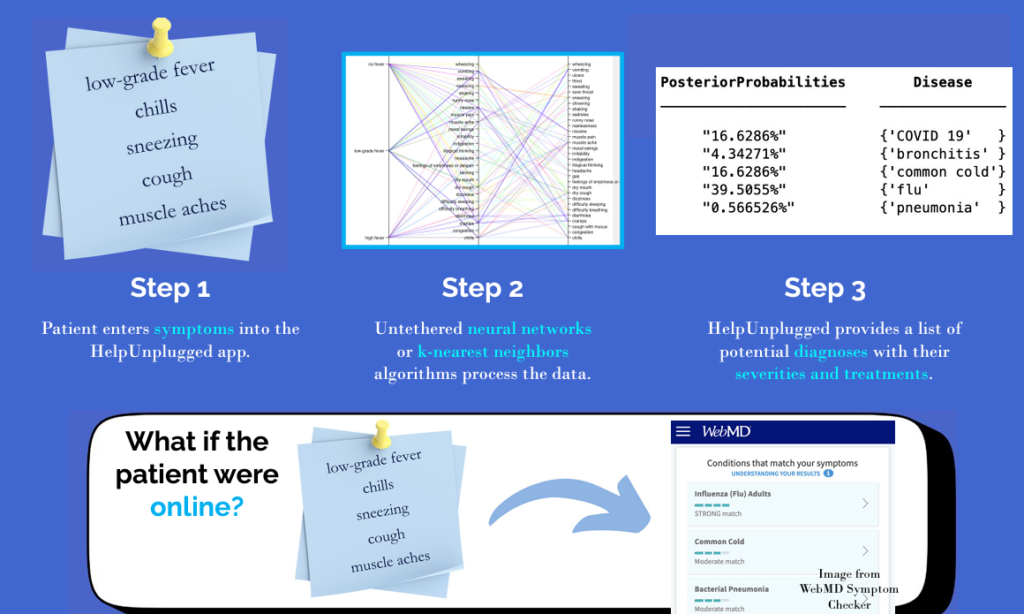
Pitch: HelpUnplugged is an AI portable assistance for off-the-grid health concerns. Currently, no smart diagnostic tools with offline capabilities exist for public use. No offline messaging systems exist to link patients with medical help directly. Unwell hikers in remote locations face gnawing worry and possible danger. In Arizona County, 12 hikers died from medical emergencies in remote locations over just 13 years.
HelpUnplugged would be an AI diagnostic tool that functions completely offline; obtaining vital signs and symptoms, processing data, and signaling help. HelpUnlpugeed will ensure that hikers in peril are aware of their condition and prevent further complications.
Team Take Away
“Startups at Spring was an amazing experience. The project I pitched related to neural networks and offline communication, but participating in Startups at Spring taught me far more than just machine learning — from the mechanics of marketing to the technicality of TAM calculations. I hope to use what I have learned in college and beyond, and I am so grateful for the opportunity to compete.”
To view their entire presentation, click here.
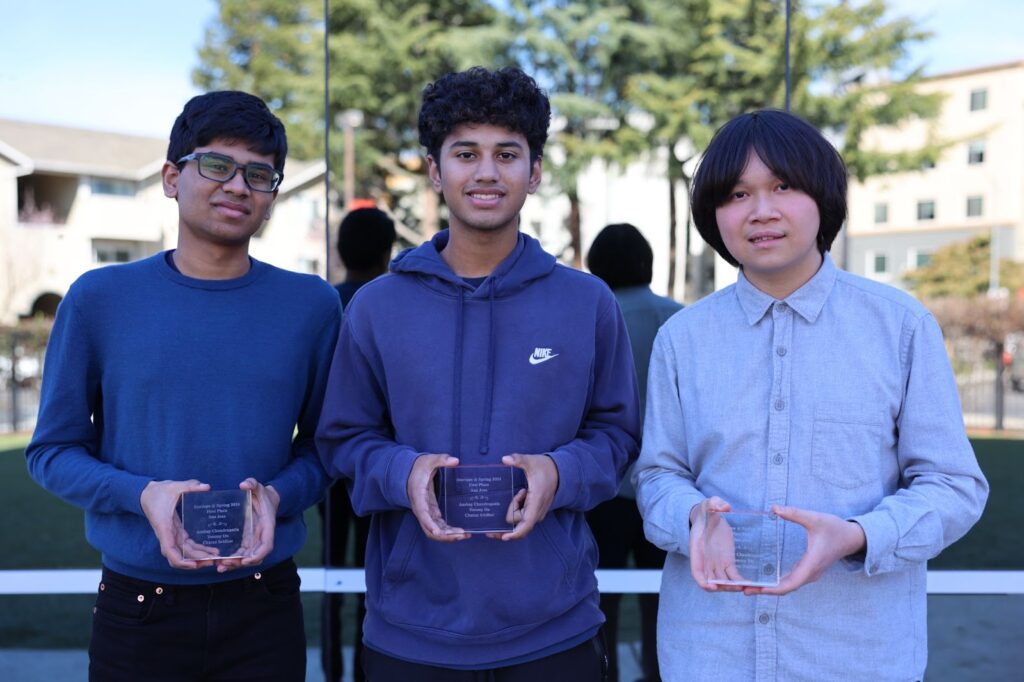
First Place (awarded $5,000)
Team Name: Claw-Some Cash Cats
Team Members: Zitao (Tommy) D. (Grade 10), Charan S. (Grade 10), and Anshay C. (Grade 10)
School: BASIS Independent Silicon Valley
Start-Up: flAIvr
Selected Charity: Amnesty International
Pitch: Video call an AI chef anytime, anywhere. It is difficult for inexperienced home cooks and people who just want to cook something with the ingredients and equipment they have in hand to actually have a good cooking experience. More than half of Americans struggle with the most basic recipes. Pacing, unfamiliar or difficult techniques, and inaccessible ingredients and equipment all cause this struggle.
flAIvr is a personalized AI cooking assistant that guides users through video calls with the AI for guidance and assistance in their cooking.
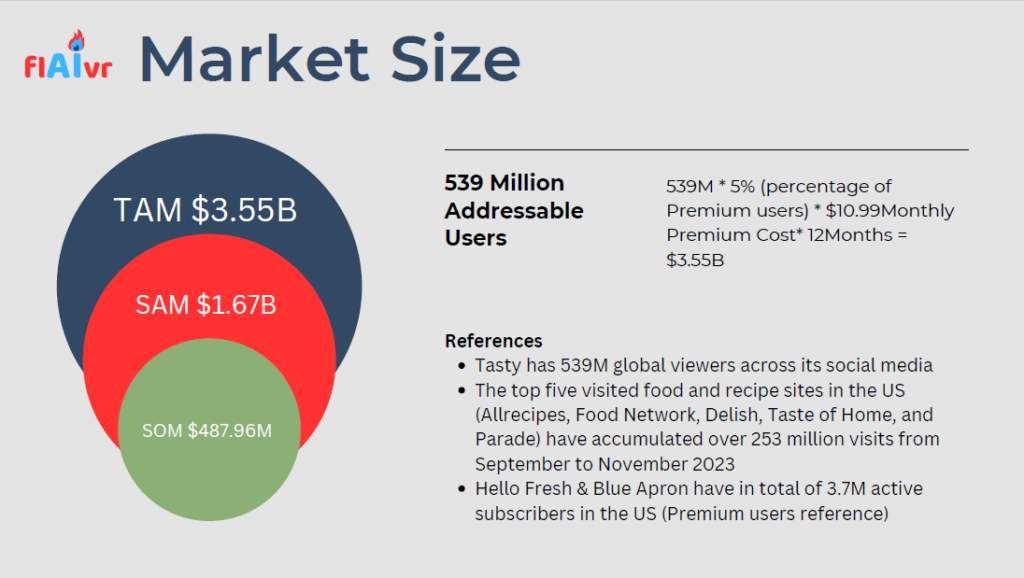
Team Take Away
“The Startup at Spring contest has been an incredible journey for the three of us. The process of turning a creative idea into a feasible business was a valuable opportunity for us to gain entrepreneurial experience and have fun along the way. We are proud to donate our cash prize to Amnesty International to help defend the human rights of oppressed groups worldwide. Lastly, we would like to thank Ms. Silva for her dedication and generous support throughout our journey.”
To view their entire presentation, click here.
Congratulations to all the students who participated!
Expert Judging Panel
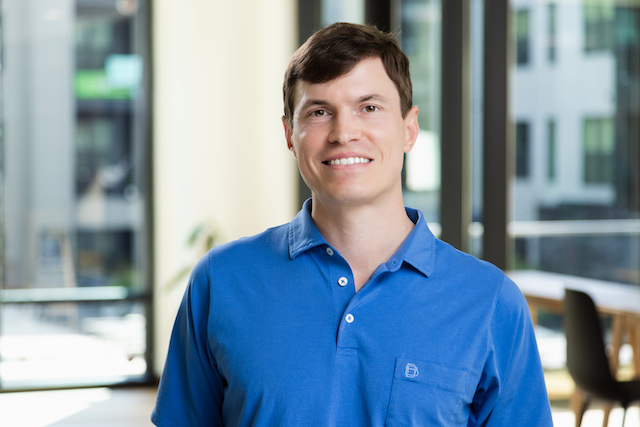
Mr. Gordon Green is Co-Founder / Partner at Jordan Partners. Before forming Jordan, he spent eleven years at Light Street Capital in Palo Alto investing in public and private technology companies globally. While at Light Street, Gordon served on the Investment Committee and helped the firm scale from approximately $30M to $3B in AUM across long/short, long-only, and growth equity vehicles. Prior to Light Street, Gordon started his career as an analyst in the Financial Institutions Group at UBS in New York, where he advised banks and insurance companies on M&A and capital markets activities.
Gordon earned a bachelor’s degree in Commerce with a concentration in Finance from the University of Virginia’s McIntire School of Commerce.
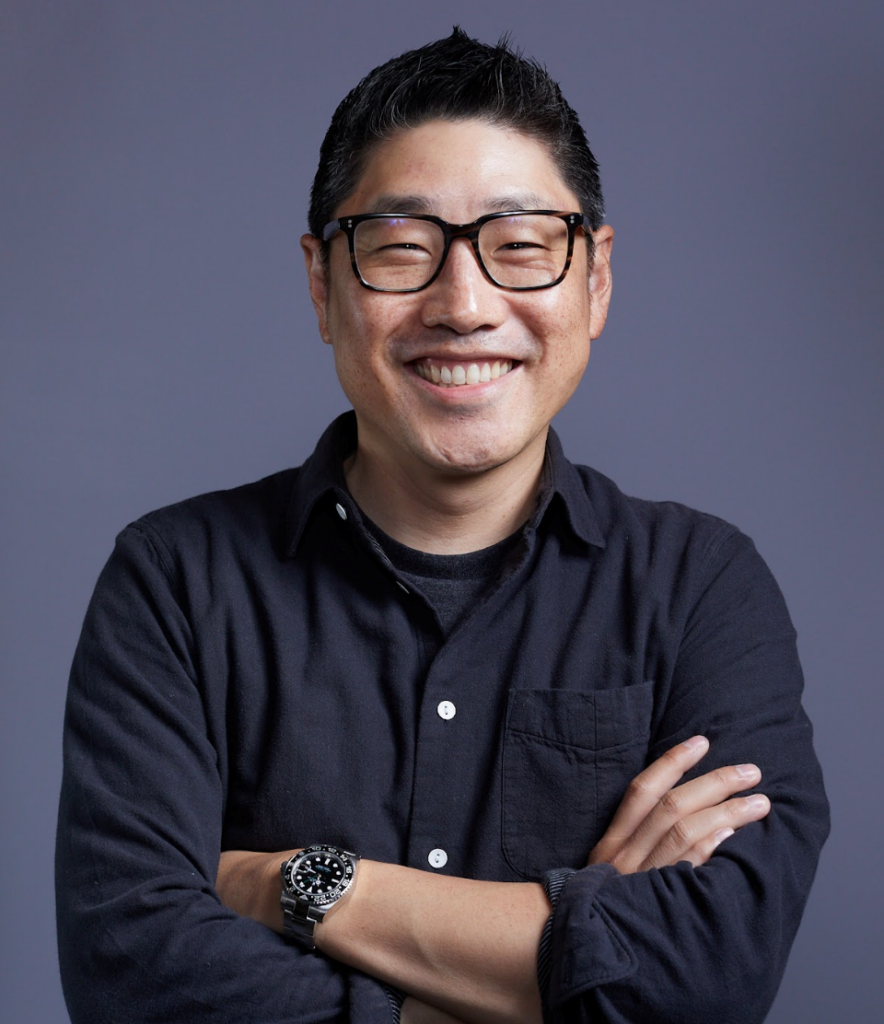
Mr. David Jen serves as the Managing Director of Finance and Corporate Development at X, Alphabet’s Moonshot Factory, where he is responsible for driving business growth through strategic planning and partnerships. In this role, David has led investments in self-driving cars (Waymo), drone delivery (Wing), novel approaches to cyber security (Chronicle), as well as Alphabet’s bets in sustainability and accessibility.
In addition to his full-time role at X, David is also a board member at Quincus, a SaaS logistics company based in Singapore that powers some of the largest 3PLs in the world and a venture partner at UP.Partners, where he invests in technologies that will enable a greener and more accessible planet.
Before joining X, David held various finance roles at Google and worked in consulting and banking. He is also actively involved in volunteering, serving as a board member for the Tufts University Derby School of Entrepreneurship and on the advisory committee for the Asian American Fund. In his free time, David enjoys binge-watching TV from the 90s, listening to music he’s embarrassed to tell people about, and hanging out with his wife and two young children.
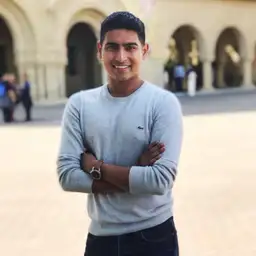
Mr. Amrit Saxena is the Founder & CEO of SaxeCap, an AI transformation and private equity investment firm that conducts AI-levered buyouts and transforms enterprises with AI & automation technology. Additionally, he has successfully founded & sold two AI companies (Stella.ai and Fancy That) and is an active angel investor in data, AI, web3, and enterprise software companies in Silicon Valley, investing in 200+ early-stage technology companies (including several unicorns and companies that have gone public), private businesses, and PE/VC funds.
Prior to SaxeCap, Amrit founded and scaled Stella, a talent-sourcing AI company, to over 150 large enterprise clients (including 10% of the Fortune 500), leading technology (data science, product, engineering, etc.) and operations (pre-sales, client integrations, etc.). Stella was sold to Cornell Capital and Trilantic Capital Partners in a $1B+ private equity transaction in 2021. Additionally, Amrit founded, scaled, and sold Fancy That, a retail AI company, to Palantir (NYSE: PLTR) in 2015. Between his two AI startups, Amrit has experience buying a company, selling two companies, and scaling teams from zero to 50+ people. Amrit previously worked at Bain & Company, Groupon, AmEx, and e2e Analytics and taught and researched AI at Stanford University & MIT.
He received his Bachelor of Science in Computer Science with a concentration in Artificial Intelligence and M.S. in Management Science & Engineering with a concentration in Operations Research, both from Stanford University with Distinction. Additionally, he has garnered numerous accolades, including being awarded seven U.S. patents (relating to AI and optimization), a three-time finalist in the United States of America Mathematical Olympiad (USAMO), winner of the American Mathematics Competition (AMC), finalist in the United States Physics Olympiad (USAPhO), Congressional Award Gold Medalist, Research Science Institute (RSI) Scholar, American Regions Math League (ARML) winner, and was selected for the President’s Award for Academic Excellence and the Tau Beta Pi Engineering Honors Society while at Stanford.

.png)


.png)
